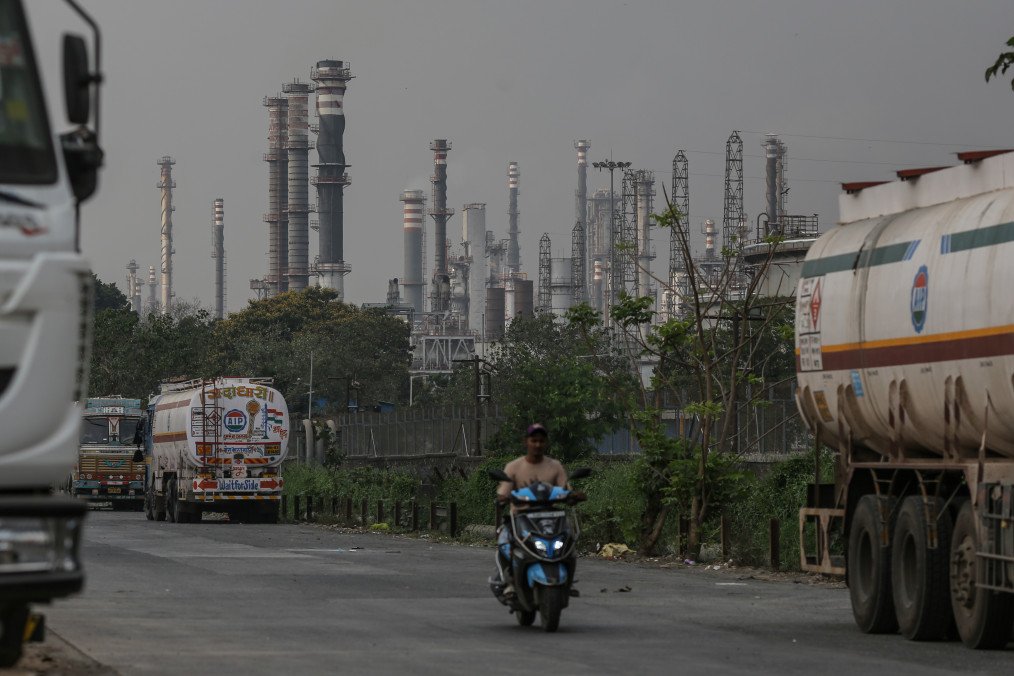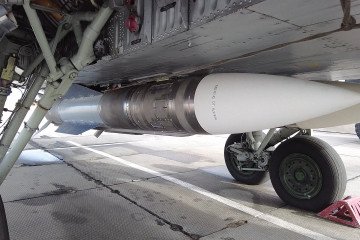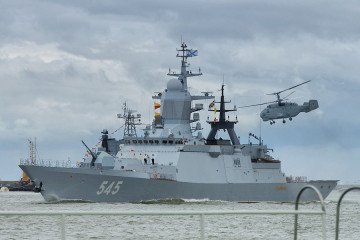- Category
- Latest news
Indian Refineries Rush to Buy Discounted Russian Crude Oil After Sanctions Disruptions

India’s imports of Russian crude oil are bouncing back after plunging in February to their lowest level in over a year, a drop triggered by the Biden administration’s parting sanctions targeting Russia’s shadow fleet and oil sector. Now, India is capitalizing on deeply discounted barrels of Russian crude, Bloomberg reported, citing vessel-tracking data from Kpler on April 22.
In April, daily oil imports from Russia are projected to average around 2.15 million barrels—potentially the highest level since May 2023.
Following sanctions imposed in January, Indian refineries initially shunned Russian tankers. But as freight costs surged, non-blacklisted vessels began rerouting to India, driving up shipments by 11% in March compared to February.
Bloomberg noted that April’s figures are still preliminary, and some tankers may not reach Indian ports before the month’s end.
“The economic conditions remain attractive for Indian refiners,” said Sumit Ritolia, Kpler’s lead analyst for oil refining.
Russian Urals crude is currently trading at “favorable discounts” compared to oil from West Africa and the Middle East. However, Ritolia warned that as Russia ramps up seasonal refining activity, exports to India may begin to decline.

While US sanctions widened the price gap on Russian oil, a bigger hit came from a global price drop in April. Brent crude briefly dipped below $60 per barrel amid global market turbulence, while Russian Urals crude fell under $50. Although Brent prices have since recovered slightly—trading at $67 on Tuesday—the downturn has forced Moscow to lower expectations.
Russia’s Ministry of Economic Development now forecasts an average Urals price of $56 per barrel for 2025, well below the $69.70 level budgeted earlier.
Over the last financial year, which ended in March, India’s imports of Russian oil rose 7.3% year-over-year to 1.76 million barrels per day.
Russian crude now accounts for 36% of India’s total oil imports, which grew 5% overall. Meanwhile, the share of imports from Saudi Arabia and Iraq dropped sharply—Saudi supply hit a 14-year low, and Iraqi oil fell to its lowest level in four years.
Earlier, reports emerged that for the first time, a component manufactured in India was identified in Russian weaponry.
The part in question is a clock buffer produced by Aura Semiconductor, an Indian company. It was found among nearly 200 newly identified components used across six types of Russian weapons systems.
This component was found in Russian drones such as the Shahed-type UAVs (locally referred to as “Geran-2”), North Korean KN-24 ballistic missiles, the onboard computer of the Kh-47 Kinzhal missile, as well as various unmanned aerial vehicles including the Supercam S350, Gerbera, and Zala.




-72b63a4e0c8c475ad81fe3eed3f63729.jpeg)
-11b58f58a83d9b0f8fe40066449b041e.jpeg)


